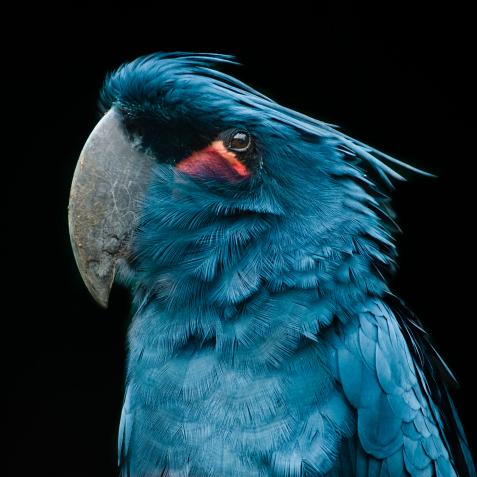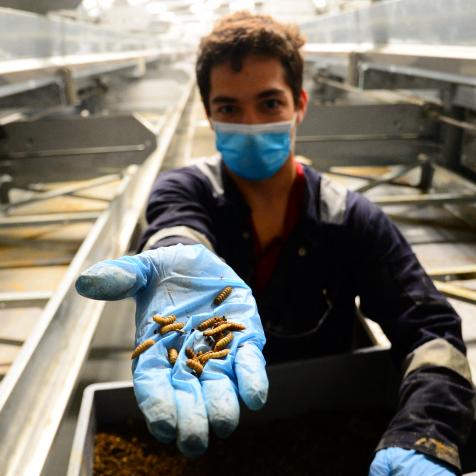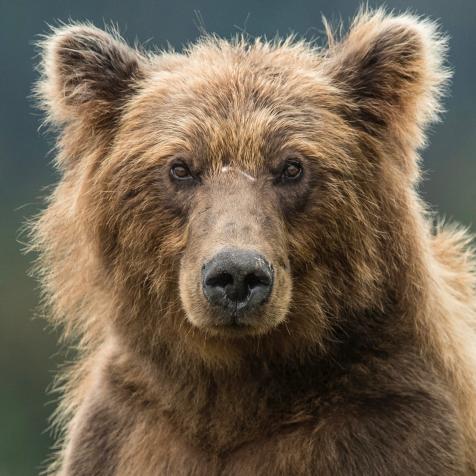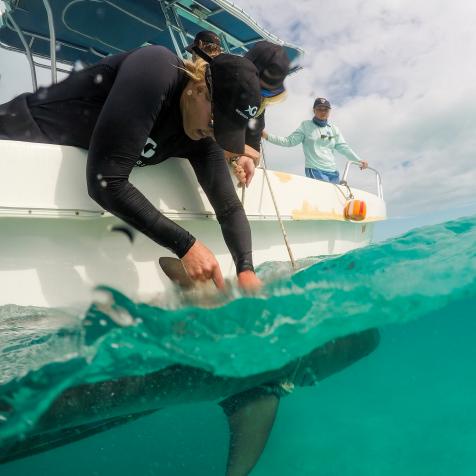
Fernando Trabanco Fotografía
Blind Dogs Can Still Play Fetch. A Newfound Nose-to-Brain Connection Explains Why.
Why are dogs such great sniffers? A new canine connection shows powerful brain links between dogs’ sense of smell and sight.
As any dog owner knows, dogs love their nose. There are more than 300 million scent receptors in a dog’s snout, which is why dogs are used to sniff out drugs, bombs, firearms, and even diseases. Now newfound research shows there’s a more powerful connection between dogs’ noses and their brains than people originally thought.
The areas of a dog’s brain that handle smell and vision are interconnected. This link hasn’t been seen before in any other species.
To understand the canine connection further, a veterinary research team gathered 20 mixed-breed dogs and three beagles to undergo MRI scans. As odors entered the dogs’ noses, the researchers watched information go straight to the dogs’ olfactory bulb, which is 30 times larger than a human’s, and continue to other parts of the brain.
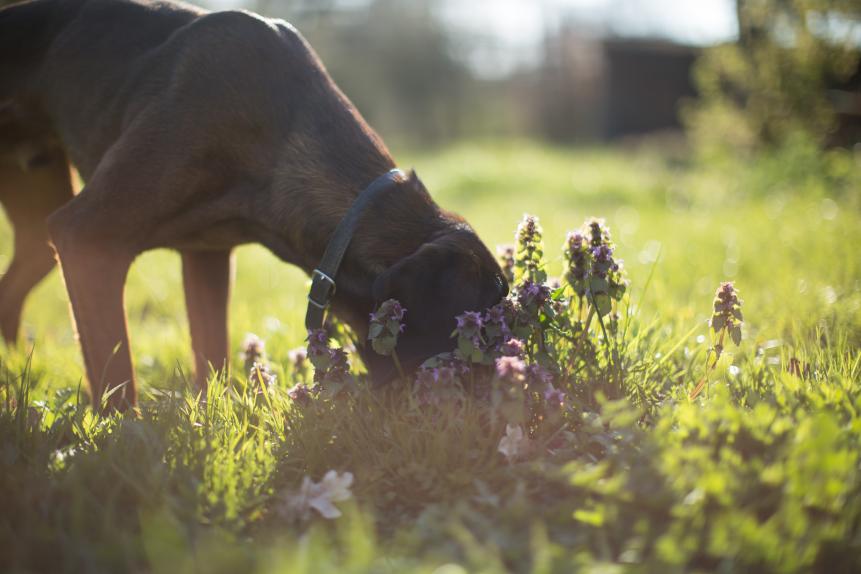
Christina Reichl Photography
“I just kept finding these huge pathways,” said Pip Johnson, a veterinary radiologist leading the study. “They seem like information freeways running from the nose back into the brain.”
The team detected five neural tracts from the olfactory bulb to different parts of the brain. Some of these tracts were familiar like the connection between smell and the part of the brain that processes memories. Humans share this connection too, which is why a familiar scent can transport you back in time.
But in canines, one of these pathways was entirely new, the connection to the part of the brain that handles vision. The findings offer an anatomical map of how dogs “see” the world through their noses.

brunorbs
Many dog trainers have hypothesized this smell-sight connection based on their hounds’ behavior, like the fact that blind dogs can still play fetch. But this is the first time researchers have been able to prove it.
The data lays a foundation for future research. And the team is eager to start exploring olfactory traits in other animals, like cats. Johnson says, “Cats have the most amazing olfactory system too, and probably more connections than the dog.”












